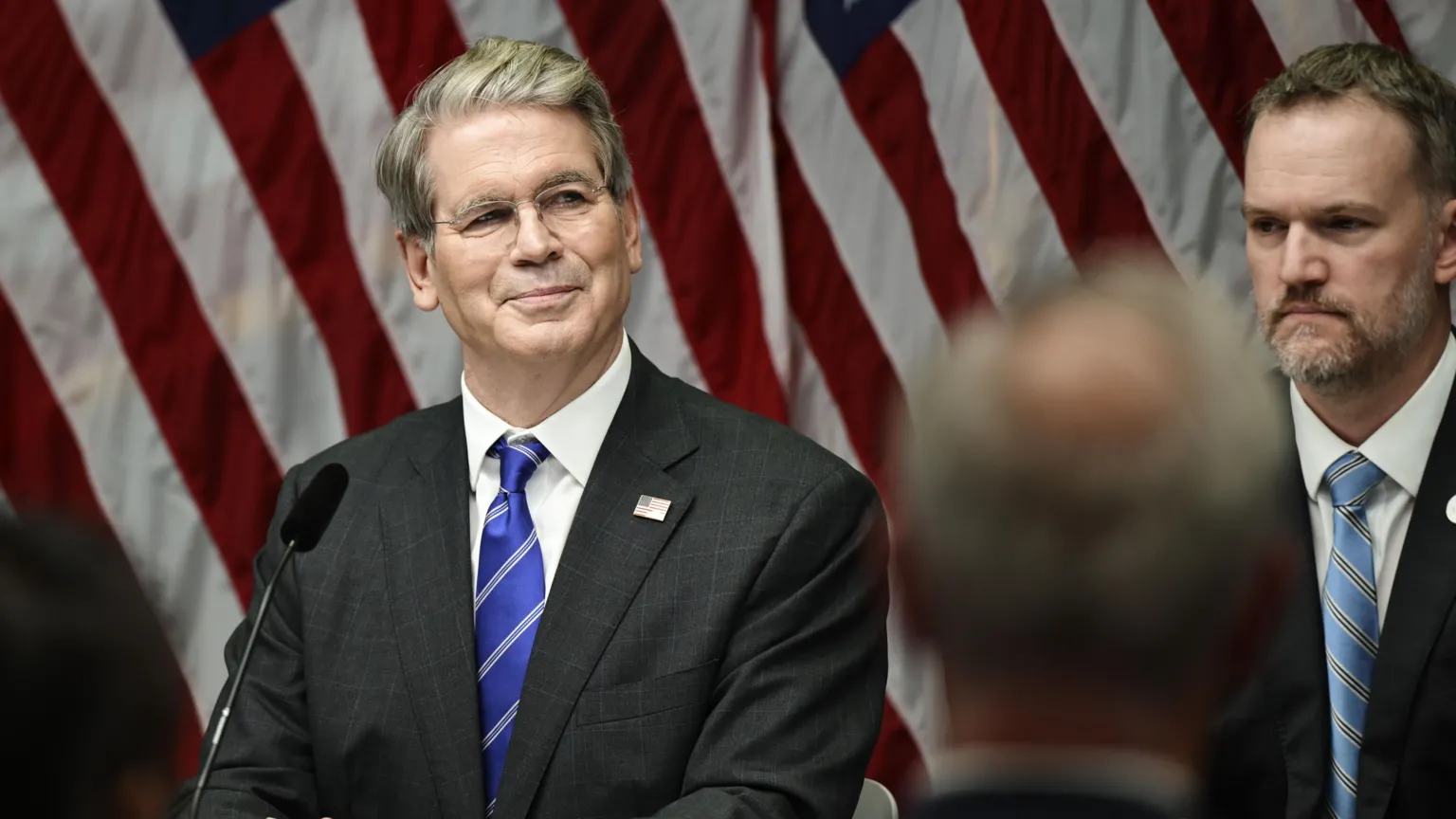
Top trade officials from the United States and China concluded two days of what both sides described as “constructive” discussions, agreeing to continue efforts to extend the current 90-day tariff truce. The talks, held in Stockholm, come as the truce—established in May—is set to expire on August 12.
Chinese trade negotiator Li Chenggang stated that both countries had committed to preserving the temporary pause in tit-for-tat tariffs. However, U.S. Treasury Secretary Scott Bessent emphasized that any extension of the truce would ultimately depend on President Donald Trump’s approval.
“Nothing is agreed until we speak with President Trump,” Bessent told reporters, although he noted that the meetings were productive. “We just haven’t given the sign-off yet.”
Speaking aboard Air Force One on his return from Scotland, President Trump confirmed he had been briefed on the discussions and would receive a more detailed update the following day. Shortly after his return to the White House, Trump resumed raising tariffs on Chinese goods, to which Beijing retaliated with its own measures. By May, both sides had reached a temporary truce after tariff rates had climbed into triple digits.
As it stands, Chinese goods remain subject to an additional 30% tariff compared to early 2024, while U.S. goods entering China face a 10% hike. Without a formal extension, these tariffs could be reimposed or increased further, potentially destabilizing global trade flows once again.

Beyond tariffs, the U.S. and China remain at odds over a range of issues, including Washington’s demand that ByteDance divest from TikTok, accelerated Chinese exports of critical minerals, and China’s relationships with Russia and Iran.
This was the third formal negotiation round between the two countries since April. Delegates also discussed implementation of past agreements between President Trump and President Xi Jinping, along with critical topics such as rare earth minerals—vital for technologies like electric vehicles.
Li reiterated that both sides are “fully aware of the importance of maintaining a stable and sound China-U.S. economic relationship.” Meanwhile, Bessent expressed optimism, noting the momentum gained from recent trade pacts with Japan and the European Union. “I believe China was in a mood for wider-ranging discussions,” he added.
President Trump has consistently voiced frustration over the massive U.S. trade deficit with China, which reached $295 billion last year. U.S. Trade Representative Jamieson Greer said the U.S. is already on track to reduce that gap by $50 billion this year.
Still, Bessent clarified that Washington isn’t aiming for a full economic decoupling from China. “We just need to de-risk certain strategic industries—rare earths, semiconductors, and pharmaceuticals,” he said.
Source: BBC
Post time: Jul-30-2025






